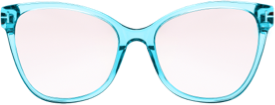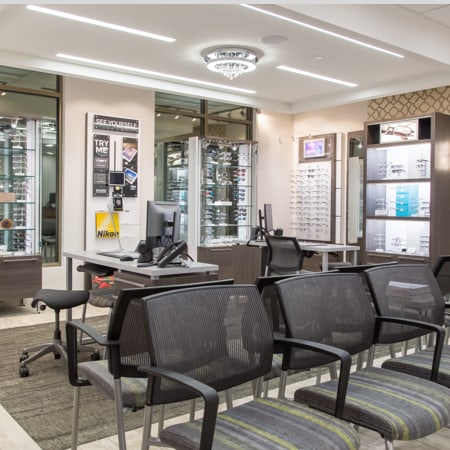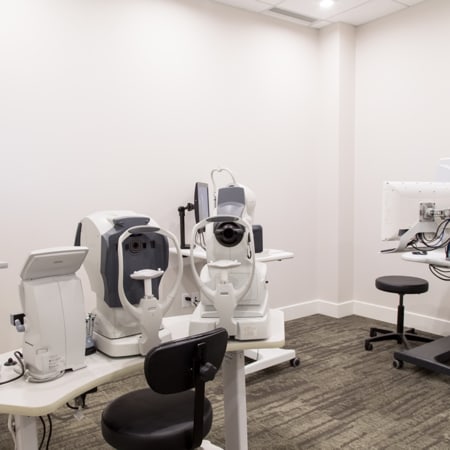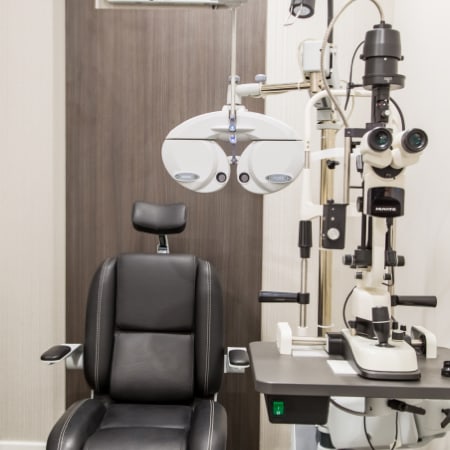More of Our Services
Explore our wide range of eye care services at Central Optometry.
AMD Centre of Excellence
The AMD Centre of Excellence is all about using innovative technology, experience, and education towards treating and managing age-related macular degeneration. Our practice has earned the distinction of being an AMD Centre of Excellence through continued efforts of managing and understanding AMD.
Colour Blindness & Enhancement
Colour blindness affects millions of people worldwide. We strive to help people navigate life through colour blindness and see the world in a new light. We offer EnChroma lenses for individuals dealing with colour blindness issues.
Laser Eye Surgery Consultation
We strive to be by your side through the laser eye surgery process. Whether you’re considering LASIK or PRK, we can help determine if you’re a good candidate for laser eye surgery. We also schedule follow-up appointments post-surgery to monitor your recovery.
Best optometry appointment I’ve ever had. The eye exam took no time at all and I got a year supply of contacts at a really great price! Would recommend this place if you’re looking for a new optometrist in London.
Vanessa
The practice is on my way home from work and was recommended to me by a friend. Hours are great! My appointment was on time and the staff was really helpful with billing and picking out new frames. I would recommend them to anyone looking for an optometrist!
Laura
Testimonials
Take a look at what our patients have to say
about their Central Optometry experience.
Come Visit Us
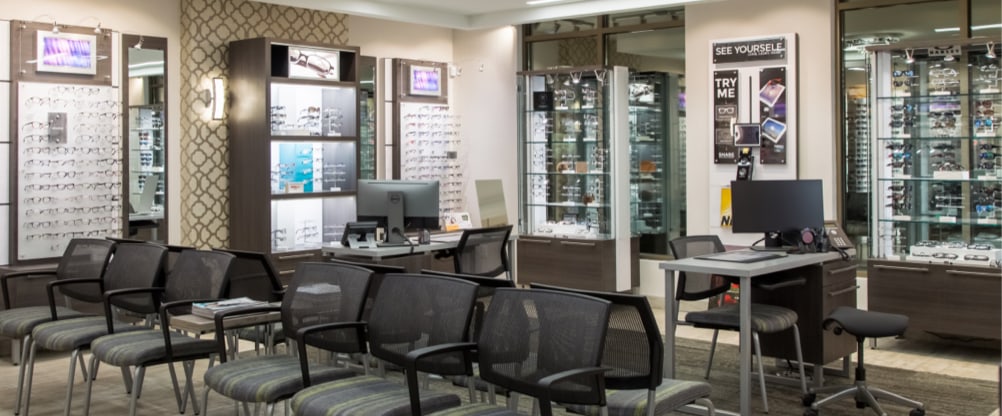
We offer free parking in our underground parking lot. To access our parking, turn in the laneway on the right side of our building and enter the parking garage on your left. You can enter our lobby from the parking garage near the front of the building and take the stairs or elevator to the second level.
Our Address
- 148 York Street
- London, ON N6A 1A9
Contact Information
- Phone: 519-432-1875
- Email: [email protected]
Our Hours




